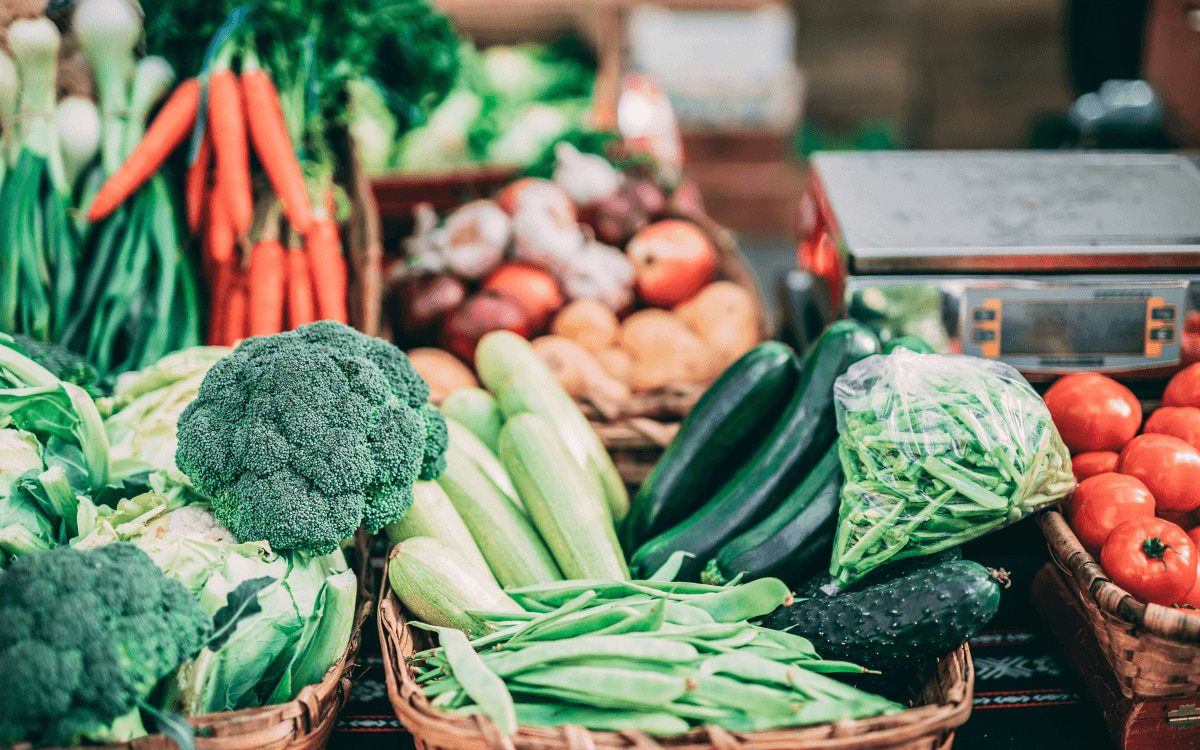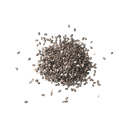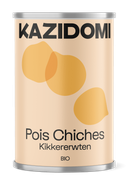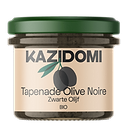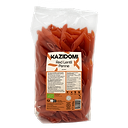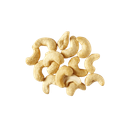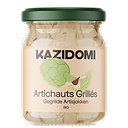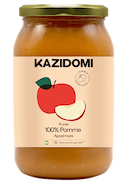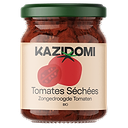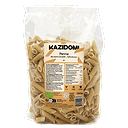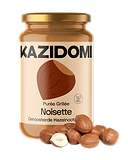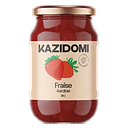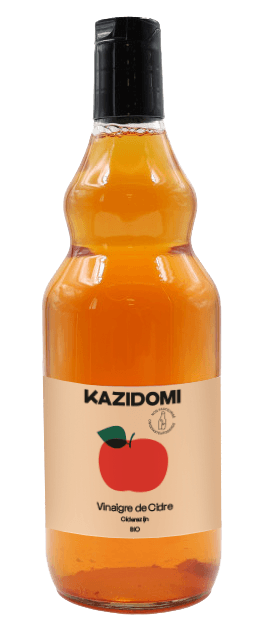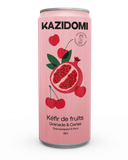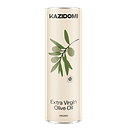Organic food is much more than just a food trend – it’s a lifestyle choice with a significant impact on both individual and collective well-being. Here's why adopting an organic diet should become an essential part of your daily life.
1. Reduce Exposure to Heavy Metals
Choosing organic means avoiding heavy metals (cadmium, lead, arsenic) found in certain fertilizers and pesticides. These substances accumulate in soil and plants, and ultimately end up on our plates. Organic farming, which prohibits synthetic fertilizers and chemical treatments, significantly limits this contamination — a major health benefit, especially for children and vulnerable populations.
Cadmium, in particular, has been the subject of public health warnings in France. This heavy metal, classified as a carcinogen, is found in everyday foods like bread, pasta, and potatoes due to imported phosphate fertilizers. According to Santé Publique France, nearly half of adults and over a third of young children exceed safety thresholds. In light of these findings, many healthcare professionals advocate for stricter regulations and encourage consumption of organic foods, which are typically less contaminated.
2. Protect Your Health with “Cleaner” Foods
The organic label prohibits synthetic pesticides, GMOs, and greatly limits additives. While conventional foods may contain over 300 additives, organic standards allow only about 50 — carefully selected, mostly natural ones like pectin, agar-agar, and plant extracts.
By contrast, many additives allowed in conventional products are banned in organic food. For example, potassium sorbate (E202) — a common preservative linked to allergies and irritation — is not permitted. Similarly, phosphates, which have been criticized for their potential cardiovascular impact, are excluded from organic foods.
The result: a cleaner diet, with significantly fewer controversial additives. For children, pregnant women, or anyone looking to limit risk exposure, this is a strong argument in favor of organic.
3. Enjoy Better Nutritional Quality
Eating organic also means choosing foods that are often richer in essential nutrients. A 2014 meta-analysis published in the British Journal of Nutrition, based on over 300 comparative studies, found that organic crops contain on average 17% more polyphenols and up to 60% more antioxidants in fruits, vegetables, and grains.
In animal-based products like milk and meat, the differences are equally significant: organic farming results in a better fatty acid profile, with higher levels of omega-3s, which support cardiovascular and cognitive health.
This nutritional advantage is due to farming practices that respect natural cycles, the use of hardier crop varieties, and slower growth that promotes greater micronutrient concentration. In short, organic food nourishes better — and not just without polluting.
4. Protect the Environment and Promote Sustainable Farming
Organic farming is rooted in real agroecological practices: crop rotation, soil cover, composting, minimal tillage… These methods preserve soil fertility, reduce erosion, and increase carbon sequestration. The result is living soil, rich in microorganisms and organic matter, better able to retain water and withstand climate stress.
Organic agriculture also protects biodiversity, especially pollinators like bees — often harmed by synthetic pesticides. It encourages the return of birds, earthworms, and beneficial microfauna, all essential to resilient ecosystems.
However, the Duplomb Law, passed on July 8, 2025, goes against these principles: it relaxes pesticide regulations, reintroduces neonicotinoids like acetamiprid, facilitates industrial farm expansion, and promotes mega-basins for irrigation. These changes are widely criticized by NGOs, scientists, and citizens alike, as they may worsen soil degradation, harm biodiversity, and increase water pollution. At Kazidomi, we strongly oppose this law, which represents a major environmental step backwards. We remain committed to supporting living ecosystems, sustainable supply chains, and genuinely responsible practices. Today more than ever, choosing organic is a powerful act for the planet and a food system aligned with ecological urgency.
5. Support Farmers and Local Economies
Choosing organic means much more than making a purchase — it’s a way to actively support a fairer economic model. Organic farming provides better and more stable incomes for farmers, less tied to global market fluctuations.
Unlike intensive agribusiness, organic supply chains are often shorter and more transparent, relying on cooperatives, producer networks, or citizen initiatives that favor direct links between farmers and consumers.
This helps support small farms, often more committed to quality and traditional know-how. It contributes to the vitality of rural areas, boosts local jobs, and preserves agricultural landscapes against urban sprawl or industrialization.
At Kazidomi, we prioritize working with French, Belgian, and European partners who are committed to ethical, sustainable, and human-scale production. Eating organic also means strengthening a more local, resilient, and community-based economy.

